Last year the Women’s Academic Network hosted ‘Project Vagina’, an interactive art exhibition by the feminist art collective, Red Luna, who have since reformed into The Leggy Blondes, a creative, visual and performative group, led by Rebekah Brown and Megan Juniper, whose work features at art exhibitions, the Edinburgh Fringe Festival, schools and universities.
Student feedback from last year’s event was so positive that they had to be brought back for an even bigger bash at BU. This year the Leggy Blondes strutted their stuff as part of the ESRC Festival of Social Sciences public engagement event, the Carnival of Sex, Sexuality & Gender. The Carnival was designed to be a fun, tongue-in-cheek pedagogic event using a mixture of subversive, merry mayhem and serious scholarship. The topic carries huge social relevance in contemporary society where gender has become deeply politicised – interpreted both as a source of liberation but at the same time problematised and angst ridden.
Badging this WAN event with The Centre for Excellence in Learning (CEL) and Athena Swan, the morning was devoted to the amazing, revamped ‘Vagina’ artefact itself, party games and objects d’art to explore, and a ‘Banging and Screwing’ cabaret featuring cheeky workmen – all thanks to the ‘Blondes’.



The afternoon consisted of a Q&A panel discussion, chaired by Professor Sara Ashencaen Crabtree. Dr Katie Lonie from the University of Sidney discussed her research work on young women’s political engagement. Dr Conor Doaks from the University of Bristol elucidated his area of expertise: masculinities and culture. WAN colleagues, Dr Shelley Thompson and Dr Paola Vizcaino-Suárez made up the panel quarter by presenting their work on firstly: women, STEMM, news and popular culture, followed by gender-based violence and tourism.

Over lunch participants crowded around Mr Aaron Lownie, Japanese Shibari artiste, demonstrating this esoteric, erotic art form of graceful, sedate, head-scratching complexity. Following this staff from CEL led an arts-based workshop. Curie Scott and Anne Quinney run workshops on using creative methods in research and education practice. They invited participants to produce an individual or group creative artefact based on a theme from the day. On hand were dressing up clothes, modelling clay, magazines, recycled material, paper, fabric, sequins, and pipe cleaners (to name a few!). The open space and time helped people to create visually provoking images. The dressing up box was especially well used!


The Carnival theme was closed in style by the amazing Norm, ‘Mr Balloon Man’, now a regular to BU, whose fantastic and transitory works-of-art were hugely popular with participants and carried off protectively into the dark, rainy, windy night following a colourful day of diverse public pedagogy.
Finally, many thanks to colleagues for their support and help, including Dr Lorraine Brown, Professor Jonathan Parker, Dr Frances Hawkhead, Genna del Rosa, Amanda Lazar and Beverley Allen.
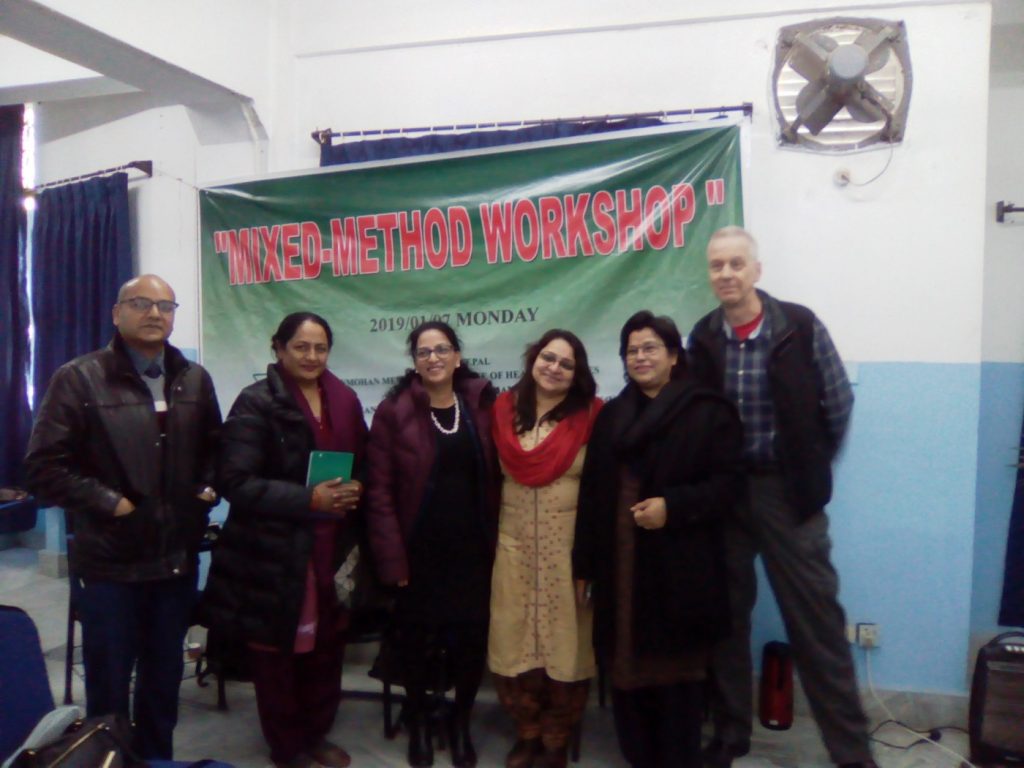 Last year BU signed a Memorandum of Agreement (MoA) with Manmohan Memorial Institute of Health Sciences (MMIHS) in Kathmandu, Nepal. This week Dr. Bibha Simkhada, Lecturer in Nursing, Dr. Shanti Shanker, Lecturer (Academic) in Psychology, and Prof. Edwin van Teijlingen in the Centre for Midwifery, Maternal & Perinatal Health (CMMPH) delivered one-day workshop on qualitative and mixed-methods research approaches. The workshop was very well attended by MSc students, not just from MMIHS, but also those from several other colleges and universities.
Last year BU signed a Memorandum of Agreement (MoA) with Manmohan Memorial Institute of Health Sciences (MMIHS) in Kathmandu, Nepal. This week Dr. Bibha Simkhada, Lecturer in Nursing, Dr. Shanti Shanker, Lecturer (Academic) in Psychology, and Prof. Edwin van Teijlingen in the Centre for Midwifery, Maternal & Perinatal Health (CMMPH) delivered one-day workshop on qualitative and mixed-methods research approaches. The workshop was very well attended by MSc students, not just from MMIHS, but also those from several other colleges and universities.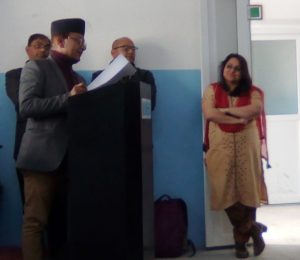 MMIHS is part of BU’s latest bids for ERASMUS Higher Education Student & Staff Mobility between Programme and Partner Countries (Key Action 107) – International Credit Mobility. Bournemouth University’s strategic plan known as BU2015 has as one of its pillars our desire to “enrich society by having a significant impact on challenges world-wide“. Through Fusion BU aims to (a) have a positive impact world-wide on the challenges facing society; (b) ensure staff, students and graduates enrich society as active citizens in their communities; and (c) strengthen our shared impact through worldwide partnerships. Expanding and developing the existing BU-MMIHS partnership is a excellent stepping stone for the ERASMUS application.
MMIHS is part of BU’s latest bids for ERASMUS Higher Education Student & Staff Mobility between Programme and Partner Countries (Key Action 107) – International Credit Mobility. Bournemouth University’s strategic plan known as BU2015 has as one of its pillars our desire to “enrich society by having a significant impact on challenges world-wide“. Through Fusion BU aims to (a) have a positive impact world-wide on the challenges facing society; (b) ensure staff, students and graduates enrich society as active citizens in their communities; and (c) strengthen our shared impact through worldwide partnerships. Expanding and developing the existing BU-MMIHS partnership is a excellent stepping stone for the ERASMUS application.





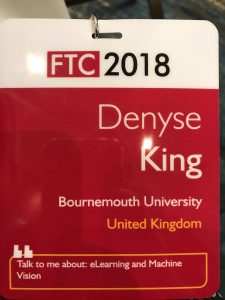
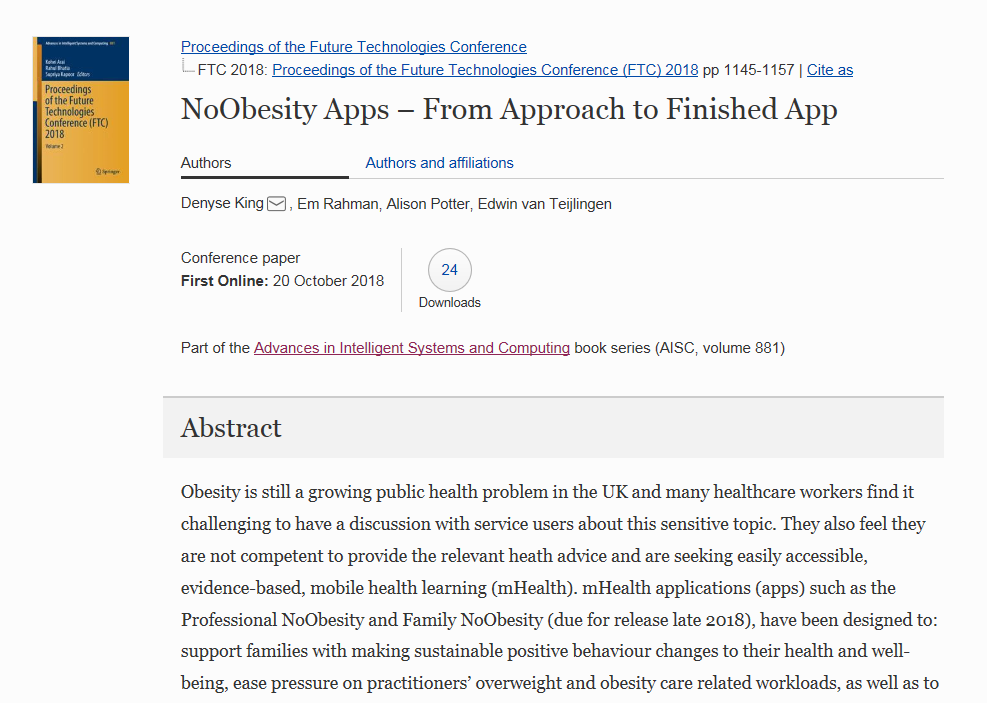











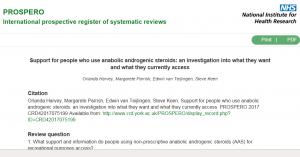
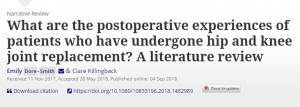
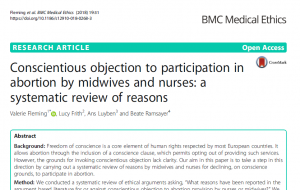

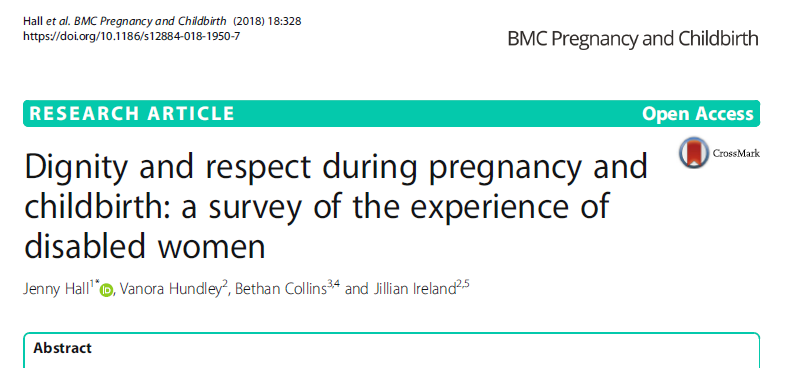

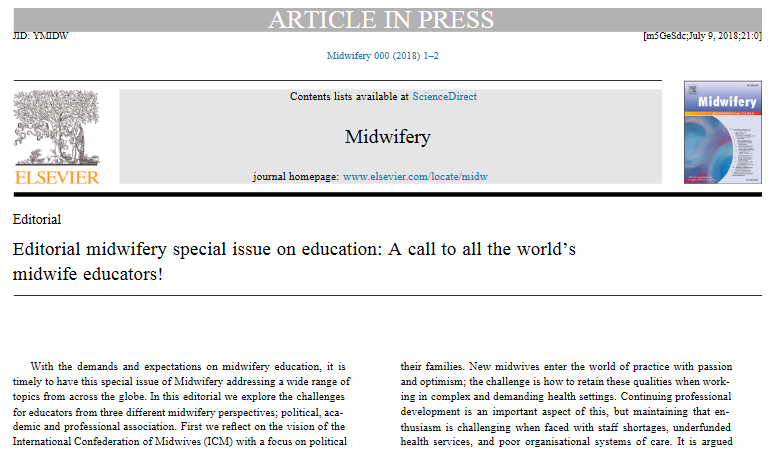







 The chart shows the organisation with the squares representing individuals in different subject areas.
The chart shows the organisation with the squares representing individuals in different subject areas.










 REF Code of Practice consultation is open!
REF Code of Practice consultation is open! BU Leads AI-Driven Work Package in EU Horizon SUSHEAS Project
BU Leads AI-Driven Work Package in EU Horizon SUSHEAS Project Evidence Synthesis Centre open at Kathmandu University
Evidence Synthesis Centre open at Kathmandu University Expand Your Impact: Collaboration and Networking Workshops for Researchers
Expand Your Impact: Collaboration and Networking Workshops for Researchers ECR Funding Open Call: Research Culture & Community Grant – Apply now
ECR Funding Open Call: Research Culture & Community Grant – Apply now ECR Funding Open Call: Research Culture & Community Grant – Application Deadline Friday 12 December
ECR Funding Open Call: Research Culture & Community Grant – Application Deadline Friday 12 December MSCA Postdoctoral Fellowships 2025 Call
MSCA Postdoctoral Fellowships 2025 Call ERC Advanced Grant 2025 Webinar
ERC Advanced Grant 2025 Webinar Update on UKRO services
Update on UKRO services European research project exploring use of ‘virtual twins’ to better manage metabolic associated fatty liver disease
European research project exploring use of ‘virtual twins’ to better manage metabolic associated fatty liver disease